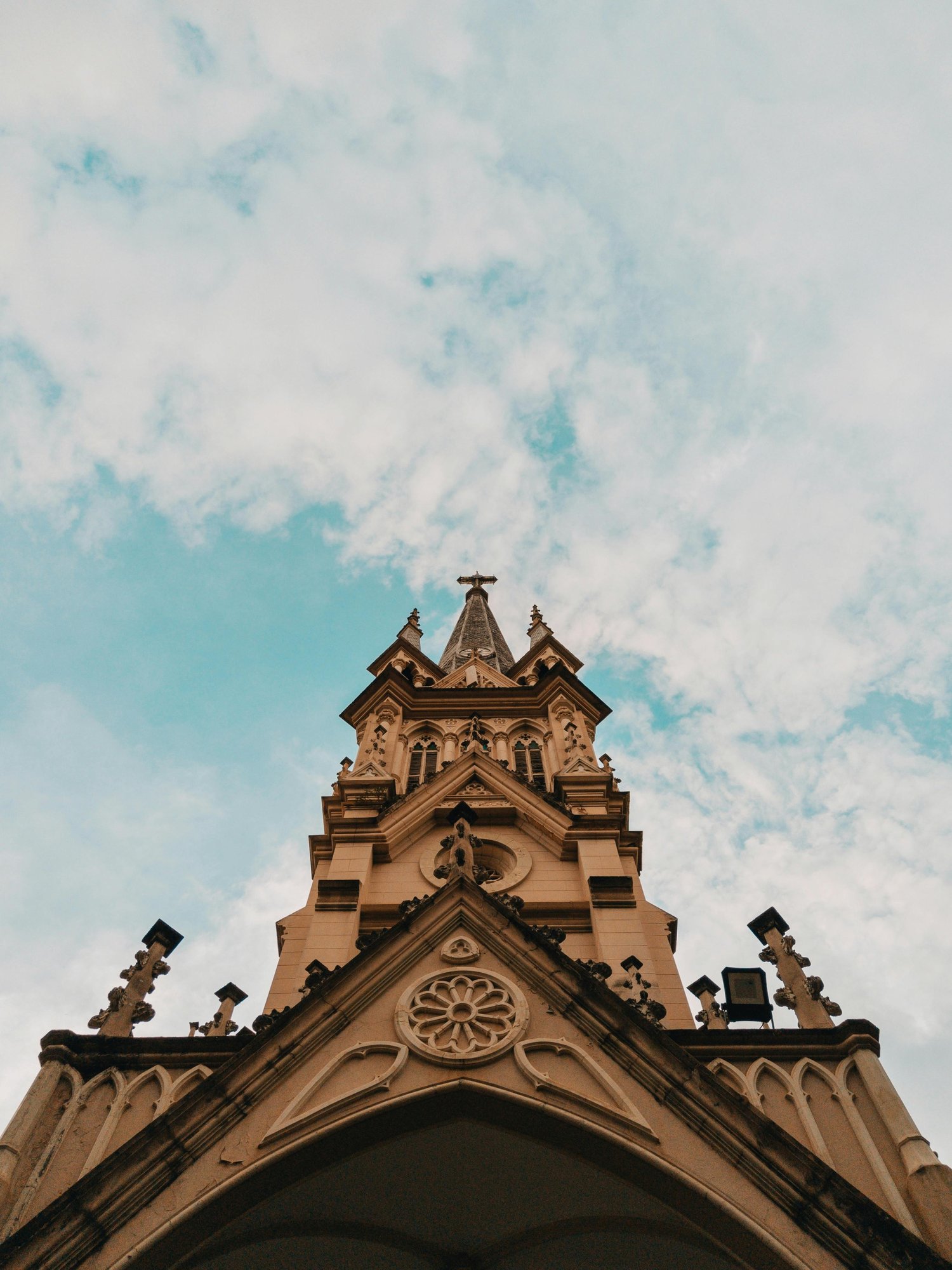The differences between Catholics and Christians is a commonly confused but very important distinction.
As Catholics, it is important that we understand how we differ from other Christian religions and know how to explain our differences to others.
I have been asked about my religion on many occasions, something along the lines of “So you’re a Catholic, right?” (to which I answered “Yes…”) “Well, does that mean that you’re not a Chrisitian?”.
This can sometimes be a difficult question to answer because of how multi-faceted our faith is. It isn’t always appropriate to go into depth about the differences and sometimes you need a short answer to give, however, at other times, you may be more inclined to give details and have a longer conversation with someone.
But the truth is, even if no one ever asked you about the differences between being Catholic and Christian, it is important that you know these things yourself, to better your own understanding of how our beliefs compare to that of others.
What is a Chrisitan?
Christians are people who follow Christ and the Bible.
They may be a part of another branch (or denomination) of Christianity or they may be non-denominational.
Denominations of Christianity include Catholic, Evangelical, Baptist and Anglican (to name a few). However, some people don’t follow a specific denomination of Christianity and instead rely on their own interpretation of the Bible (or their pastor’s) to guide their faith. They are known as non-denominational Christians and they don’t have any set rules or teachings that they follow, only what they determine to be important.
What is a Catholic?
A Catholic is a member of the Catholic Church which is a Christian denomination.
Catholics follow the Pope, who is the successor of the apostle St Peter. The Pope is the head of the Catholic church and guides the people.
While Catholics follow the teachings of the Bible, they also rely on tradition to guide their faith. The mass is the perfect example of this mix, because every part is both shaped from tradition and taken from scripture.
While Catholics believe that Christians are true followers of Christ, they believe that the Catholic Church alone possesses the fulness of Christ and His teachings.
What’s the Same?
Whenever I am asked what the differences are, I always begin by giving a simple answer about what both religions have in common.
All Catholics are Christians but not all Christians are Catholics. This means that Catholics and Christians all believe in the Trinity (Father, Son and Holy Spirit) and profess Jesus Christ as their Lord and Savior. However, Catholics have some unique differences from Christians.
What’s the difference?
There are probably thousands of small nuances that differ from Catholics to Christians, however, the largest overarching difference between the faiths is authority.
Fr Mike Schmitz talked about this in his video Why Be Catholic and Not Just Christian? And provides some further examples, which I would recommend watching.
The Catholic Church has the authority to make decisions about a topic or issue through prayer and the consideration of scripture, tradition and facts.
During the Protestant Reformation, the idea of sola scriptura or “scripture alone” was developed, meaning that scripture is the only source of information about faith and the teachings of Jesus.
Many Chrisitan denominations use this same idea to guide their faith, however, Catholics use both sacred scripture and sacred tradition to interpret scripture and make decisions about morals.
This is because every human being is fallible and has their own agendas. With one glance at the world around us, you can see what happens when each person relies on their own understanding, moral judgement and hierarchy of importance.
But as followers of Christ, we have recognised that our own understanding is not perfect, but God’s is.
While the Catholic Church doesn't have instructions for every single individual scenario, there is a framework for major issues or problems of the time and, as new issues arise (for example, the introduction of contraceptives, abortion, gender issues etc.), the Church has the power to make decisions that Christ didn’t specifically cover during His time on earth.
Conclusion
The Catholic Church is a Christian denomination, and both follow the teachings of Christ, however, Catholics rely on scripture and tradition to make decisions and have the authority to teach these ideas.
G.K. Chesterton’s quote sums Catholicism up well, “I don’t need a Church to tell me I'm wrong where I already know I’m wrong; I need a Church to tell me I’m wrong where I think I’m right.”
The Catholic Church has this authority to tell people where they are wrong, even when it is hard.
Despite these differences, all Christians are on a journey toward Christ and desire to know and love Him and we are all brothers and sisters through Him who created us.

